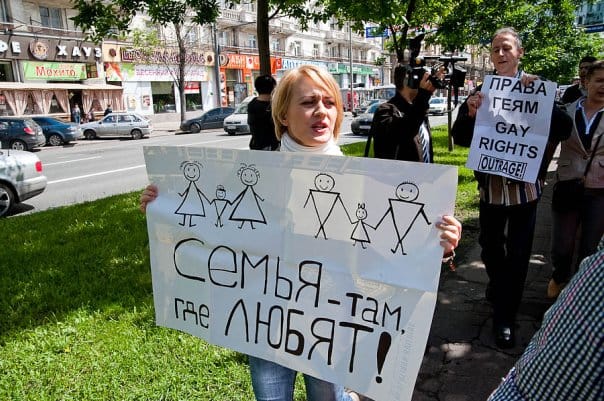Moscow court convicts man accused of organising LGBTQ+ tours - a year after his death in custody

A Moscow court has posthumously found a travel agency owner guilty of organising “extremist activities” linked to Russia’s ban on the so-called “international LGBT movement”, nearly a year after he was found dead in police custody.
The Golovinsky District Court ruled on Friday that Andrei Kotov, 48, who ran the Men Travel agency, was guilty of participating in and organising the activities of an extremist organisation. The indictment also included a charge of using minors to distribute pornography, which was added later in the proceedings. The hearings were held behind closed doors since June and formally closed after the verdict due to Kotov’s death.
Kotov was arrested in November 2024 amid a sweeping crackdown on LGBTQ+ rights in Russia, following the Supreme Court’s decision in late 2023 to designate the “international LGBT movement” as an extremist organisation. This ruling effectively criminalised any public display of LGBTQ+ identity or advocacy.
During his brief court appearance before his death, Kotov denied the charges, insisting that the trips he organised - including a planned New Year’s tour to Egypt and a Volga River cruise - were ordinary commercial tours. He alleged that police officers beat him and used a stun gun during his arrest. Rights groups reported that Kotov was denied medication and warm clothing while in detention.
On 29 December 2024, Kotov was found dead in his cell at Moscow’s Vodnik detention centre. Officials claimed he died by suicide, but human rights advocates have questioned this narrative, citing allegations of torture and deliberate mistreatment. Investigators reportedly recovered a razor blade in his cell, though no suicide note was found. Independent monitors have suggested that Kotov was subjected to sexual violence and extortion while in custody.
The case has drawn sharp criticism from rights organisations, which argue that Kotov’s prosecution and death highlight the increasingly hostile environment for LGBTQ+ people in Russia. Since the start of the war in Ukraine, authorities have intensified efforts to portray LGBTQ+ rights as a threat to “traditional values”, introducing sweeping legislation that bans so-called “propaganda of non-traditional sexual relations” and criminalises related activism.





Comments ()